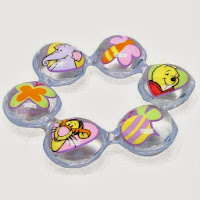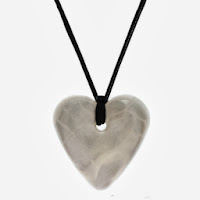New born Babies
Never leave a cat or dog alone with a baby. Although rare, dogs previously believed to be friendly have been known to maul a baby and cats may settle on the babies face for warmth.
Place newborn babies on their back in the cot as this has been found to reduce the incidents of cot death. For more cot death tips read this NHS article on cot death and how to prevent it.
Crawling Babies
When your baby starts to crawl, watch out for anything they might pick up and put in their mouth that could be a choking hazard.
Also put child locks on all cupboards containing chemicals or medication.In fact both are best kept totally out of reach as older children may work out how to get past the child lock.
Fit child gates on stairs or anywhere that you do not want your child to go. Child gates can also be used to keep animals out of a babies room.
Toddlers
Once your baby starts walking you need to look out for any objects that may cause injury if they fall. Fireplace hearths can be particularly dangerous. Use this fire place edge guard to cover the hard edges.
 |
| Clevamama edgeguard available from Bunny Bumpkin. |
Baby walkers are a great way to let your toddler practice walking without falling over.
Keep all outside doors locked. As soon as toddlers can reach the door handle they are likely to open the door and go out to explore.
Older children
Once they are walking, they are soon running and traffic can be a real danger. It is particularly difficult if you have more then one child. Use child harnesses or wrist links to prevent them wandering too far.
 | |||||
| Backpack Harness and Rein |
 |
| Wrist link |
You can find more great childrens health and safety products here


